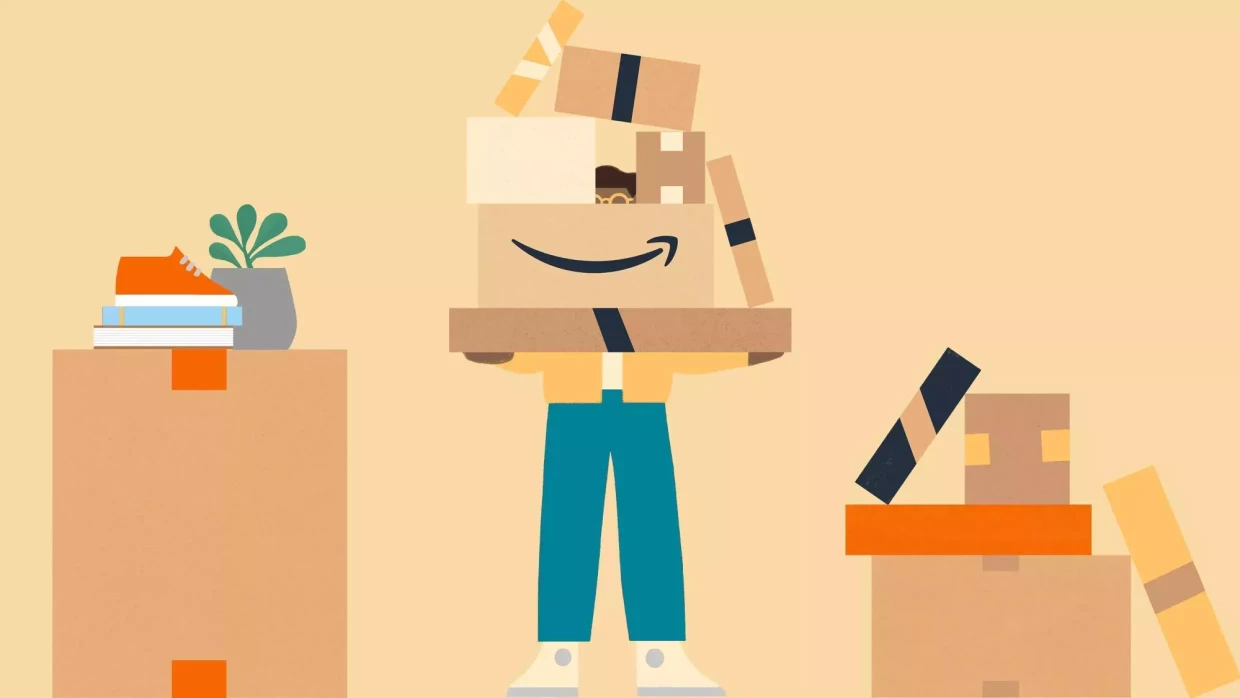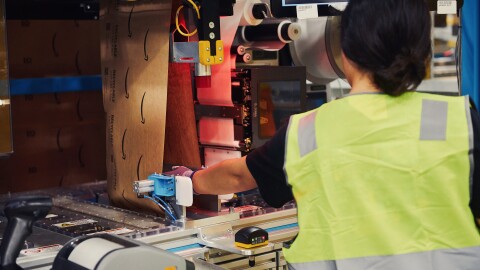A new study from Amazon Sweden offers clear answers and strong evidence that smart, well-managed e-commerce can significantly reduce emissions by lowering car use and optimising last-mile delivery.
A powerful climate benefit, backed by data
The study, conducted by analysis firm Makrologik in collaboration with Amazon Sweden, carrier PostNord, bookstore Adlibris, and online pharmacy MEDS, combined detailed transport and sales data with survey responses from over 1,800 Swedish consumers. Together, these partners represent some of the largest and most influential players in Swedish commerce, spanning logistics, general merchandise, books, and pharmaceuticals, offering a broad and realistic picture of how modern e-commerce operates.
The results are clear:
- 81–88% lower CO₂ emissions per purchase compared to physical store visits
- 2–3 fewer in-store trips per month for the average Amazon customer
- 76–84% shorter driving distances for rural and suburban consumers
E-commerce doesn't just change how people shop, it also transforms how goods move through society, replacing many private car trips with consolidated, often electric, delivery routes.

Why e-commerce is often more efficient
- Bigger baskets, fewer trips: People tend to order more items per online purchase than in-store, reducing the number of separate trips needed.
- Smarter logistics: Deliveries are optimised by professionals with better tools and incentives to consolidate shipments across many households.
- Greener vehicles: Today, nearly 3 out of 4 e-commerce deliveries in Sweden are made by electric or bio-fueled vehicles, compared to just 1 in 5 private cars.
- Closer pickup points: For many customers, especially outside cities, lockers and pickup points are actually closer than the nearest store.
Not either/or, but smarter together
The study does not suggest a world without physical stores; many consumers enjoy and rely on them, and many sellers use multiple channels to reach customers. But it does suggest that e-commerce plays a critical role in complementing traditional retail, especially for rural communities, busy households, or those needing access to a wider range of products.
Bridging the awareness gap
One of the most eye-opening findings is that 60% of surveyed consumers said they would shop online more often if they knew it was better for the environment.
That tells us there’s still a perception gap and a real opportunity to raise awareness around how thoughtful, modern e-commerce can help drive the transition to a lower-carbon economy.
A more sustainable future, one smarter delivery at a time
At Amazon, we’re proud to support this research and contribute to a fact-based understanding of how digital commerce and logistics innovation can support climate goals. We believe the future of retail will be multi-channel, customer-driven, and increasingly sustainable, especially with the right incentives from policymakers.
Whether it’s through electric deliveries, optimised routing, or helping consumers shop more efficiently, e-commerce has a real role to play in cutting emissions, and making everyday life a little easier.












